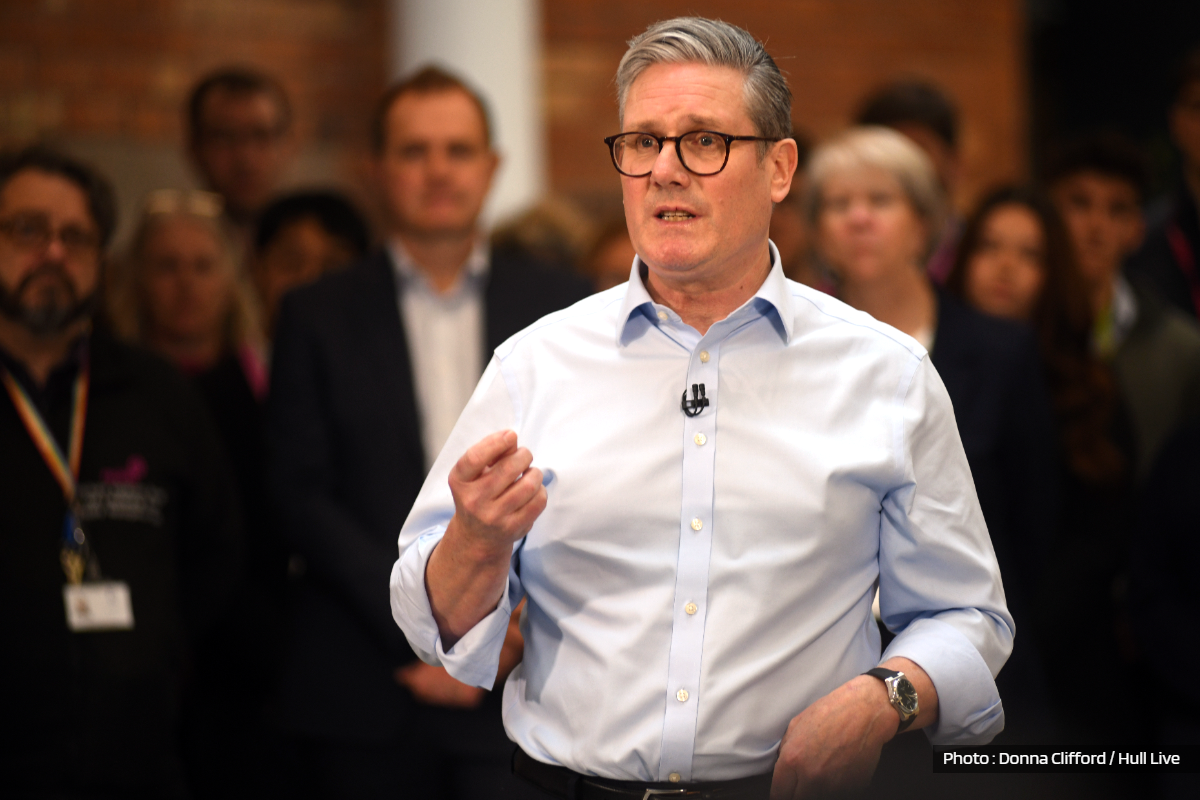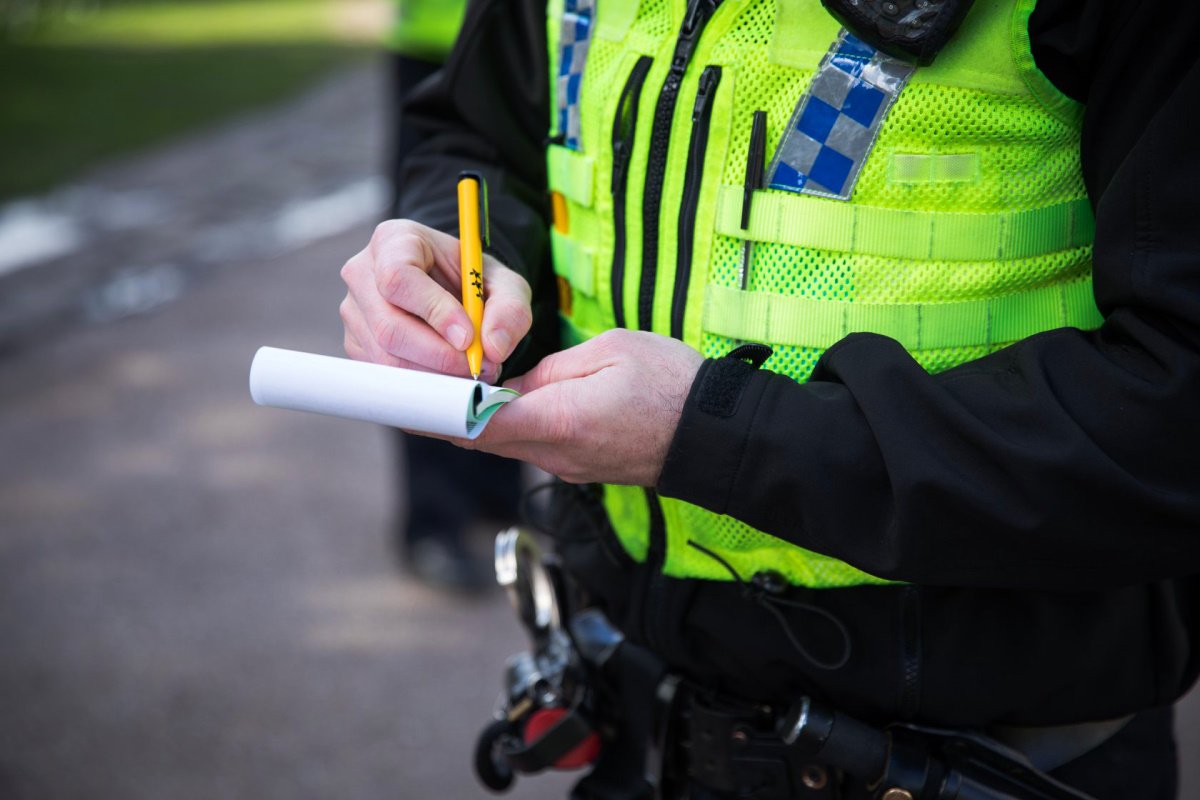South Western Railway (SWR) has been renationalised this weekend as part of the government's transition towards Great British Railways.
The train operator officially came under public ownership at around 2am on Sunday - and the first journey, the 5.36am from Woking, was partly a rail replacement bus service due to engineering works.
So what difference will renationalisation make to passengers and will journeys be cheaper?
What is nationalisation?
Nationalisation means the government taking control of industries or companies, taking them from private to public ownership.
England's railway lines are currently run by train operating companies as franchises under fixed-term contracts, but Labour have said they want to take control of the lines when those fixed terms end.
In its manifesto, the party vowed to return rail journeys to public ownership within five years by establishing Great British Railways (GBR) to run both the network tracks and trains.
Transport Secretary Heidi Alexander, who travelled on the first renationalised departure from London Waterloo, said, before boarding, it was "a new dawn for our railways" and "a watershed moment".
"But I know that most users of the railway don't spend much time thinking about who runs the trains - they just want them to work," she added. "That's why operators will have to meet rigorous performance standards and earn the right to be called Great British Railways."
How will ticket prices be affected?
Labour have argued cutting off payments flowing into the private sector could save the taxpayer £150m a year.
But the government has not explicitly promised the savings made from nationalisation will be used to subsidise fees.
It is unlikely rail fares will fall as a result of nationalisation, rail analyst William Barter told Sky News.
"The government could mandate fare cuts if it wanted to, but there's no sign it wants to," he said.
"At the moment, I'm sure they would want to keep the money rather than give it back to passengers. The current operator aims to maximise revenue, and there's no reason the government would want them to do anything differently under government control."
What difference will it make for passengers?
Britain's railways are frequently plagued by delays, cuts to services and timetable issues, but Mr Barter said nationalisation will make very little day-to-day difference to passengers.
There was "no reason to think" the move would improve issues around delays and cancellation of services, he said.
"It's going to be the same people, the same management," he explained.
"The facts of what the operator has to deal with in terms of revenue, infrastructure, reliability, all the rest of it - they haven't changed."
Which services are next to be nationalised?
In the longer term, the move is likely to bring "a degree of certainty compared with relatively short-term franchises", Mr Barter said, noting the government would only want to renationalise a franchise "because in one way or another something very bad is going on in that franchise, so in a way it can only get better".
It also means the government will have greater accountability for fixing problems with punctuality and cancellations.
Mr Barter said: "If this is the government's baby, then they're going to do their best to make sure it doesn't fail. So rather than having a franchise holder they can use as a political scapegoat, it's theirs now."
He added: "In the short term, I don't think you'd expect to see any sort of change. Long term, you'll see stability and integration bringing about gradual benefits. There's not a silver bullet of that sort here."
Britain's railway services were privatised in the mid-1990s.
Now, all services run by private companies will be renationalised as contracts reach the end of their minimum terms, with the process due to be completed by the end of 2027.
The next operator's services to be brought under public control will be c2c - which runs between London and Essex - on 20 July, with Greater Anglia following in October, before seven more companies transfer over when their franchises end in the future.
Operators that were already under public ownership are LNER, Northern, Southeastern and TransPennine Express.

(c) Sky News 2025: South Western Railway: First renationalised train service starts today... with replacement bus




 PM could lift controversial benefit cap in budget - as Farage makes two big election promises
PM could lift controversial benefit cap in budget - as Farage makes two big election promises
 My week with Prince William, the quiet disruptor
My week with Prince William, the quiet disruptor
 Sir Alan Bates attacks 'kangaroo court' Post Office scheme after 'take it or leave it' offer
Sir Alan Bates attacks 'kangaroo court' Post Office scheme after 'take it or leave it' offer
 Gillian Anderson warns UK homelessness 'will only get worse'
Gillian Anderson warns UK homelessness 'will only get worse'
 Get building or lose your land: Labour propose strict new demands for developers
Get building or lose your land: Labour propose strict new demands for developers
 Arsenal win Women's Champions League with victory over Barcelona
Arsenal win Women's Champions League with victory over Barcelona
 Ex-PM Boris Johnson and wife announce birth of their fourth child
Ex-PM Boris Johnson and wife announce birth of their fourth child
 What do dolphins get up to beneath the waves? Their poo has the answers
What do dolphins get up to beneath the waves? Their poo has the answers
 Rayner 'hoping' for winter fuel update within weeks - and says she 'never' wants to be Labour leader
Rayner 'hoping' for winter fuel update within weeks - and says she 'never' wants to be Labour leader












